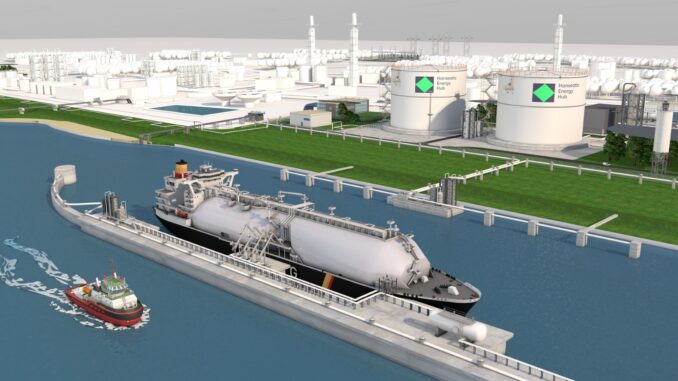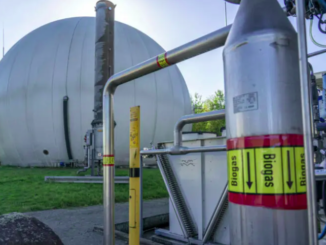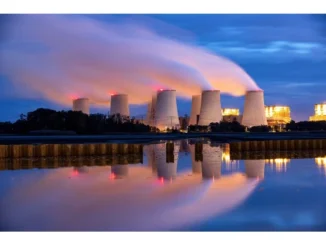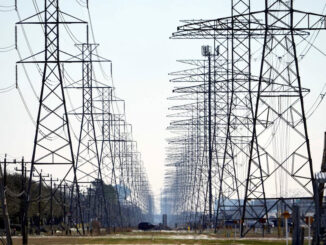
Germany’s Hanseatic Energy Hub has taken a final investment decision to build its Stade LNG import terminal near Hamburg worth about 1 billion euros ($1.09 billion). This is Germany’s first onshore LNG terminal.
After concluding the permitting and commercial phase in late 2023, HEH’s shareholders Partners Group, Enagas, Dow, and Buss Group have now successfully secured financing for the large-scale infrastructure project, HEH said in a statement on Thursday.
HEH awarded the engineering, procurement and construction deal for its Stade LNG import terminal to a consortium led by Spain’s Tecnicas Reunidas and its partners, FCC and Enka.
According to the firm, it plans to hold the official groundbreaking ceremony in the coming weeks.
This final investment decision allows the Hanseatic Energy Hub to make an “important contribution” to securing Europe’s energy supplies following its planned commissioning in 2027, it said.
Initially, HEH will serve as an import terminal for LNG, SNG (synthetic natural gas) and liquefied biomethane and, subsequently, for ammonia, as a hydrogen-based energy carrier.
Once the LNG terminal enters into service, the FSRU Energos Force, chartered by Germany’s federal government, will set sail from Stade.
The 174,000-cbm FSRU, which has recently arrived in Stade, will “continue to secure the gas supply in the short term until the more efficient land-based terminal is completed,” HEH said.
The LNG terminal will have a total capacity of 13.3 billion cubic meters of natural gas per year.
HEH said that 90 percent of this volume has been booked long-term by three European energy majors EnBW, SEFE, and CEZ.
The remaining capacity is reserved for short-term bookings.
Long-term contracts include the option to switch to hydrogen-based energy carriers at a later stage, it said.
In September last year, Spanish LNG terminal operator Enagas completed the purchase of a 10 percent stake in HEH.
HEH said on Thursday that Enagas is increasing its stake from 10 to 15 percent.
Enagas is also providing the technical direction of the construction and will also be terminal operator.
HEH also said that Johann Killinger, one of the entrepreneurs driving the project up to this point, is stepping down from the management team following the investment decision.
He will now focus on his role as a shareholder, handing over to Jan Themlitz the CEO responsibilities for constructing and commissioning the terminal.
Themlitz has a long track record of developing energy-related projects as well as extensive LNG experience from having worked with gas majors and power generators for 30 years, HEH said.
Germany currently imports LNG via the Deutsche Energy Terminal-operated FSRU-based LNG terminals in Wilhelmshaven and Brunsbüttel, as well as the private facility in Lubmin, owned by Deutsche ReGas.
As previously mentioned, state-owned DET is also starting up the FSRU-based terminal in Stade and plans to start commissioning the second Wilhelmshaven terminal later this year.
In addtion, Deutsche ReGas kicked off commissioning activities in February at its FSRU-based LNG import facility in Germany’s port of Mukran.
The 174,000-cbm, Energos Power, is now located in Mukran and will be joined later this year by the 145,000-cbm, FSRU Neptune, which is in now in Lubmin.



